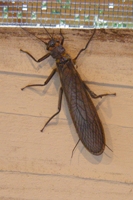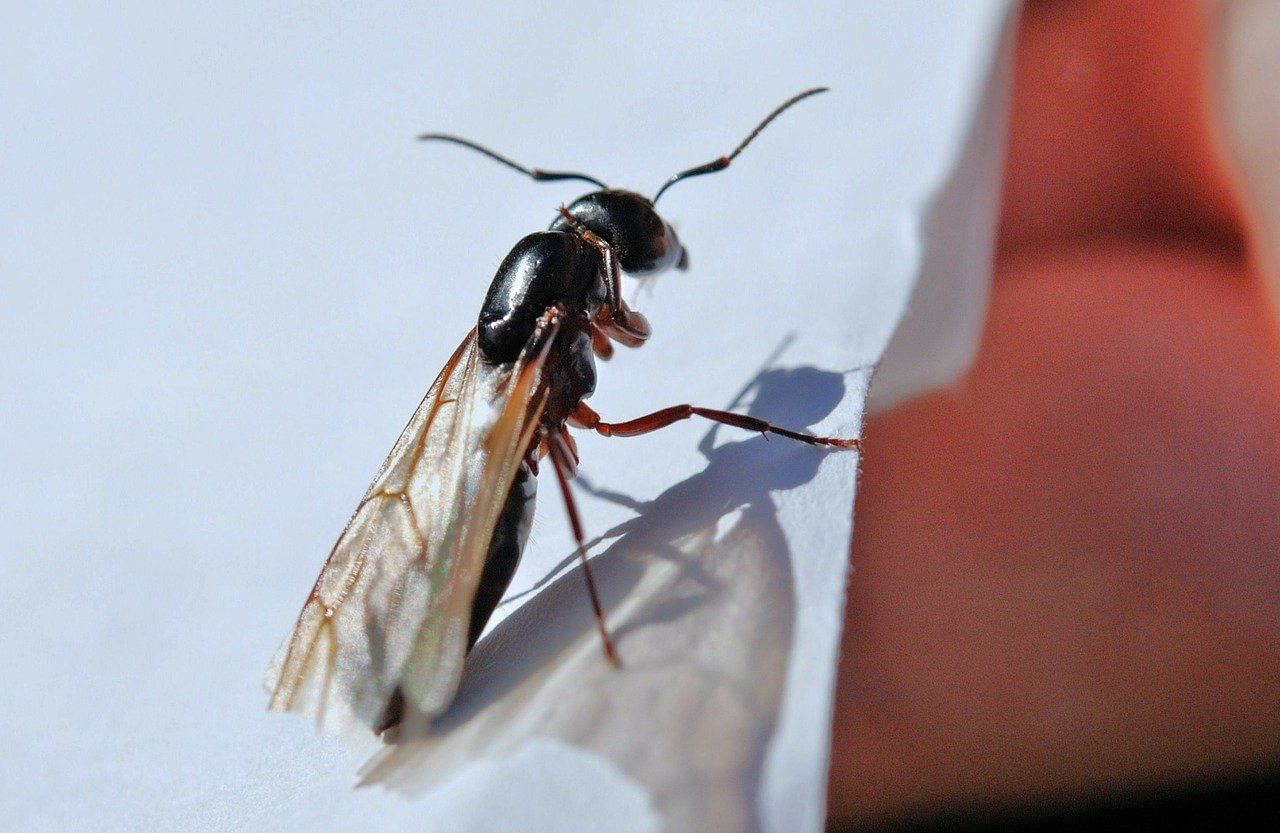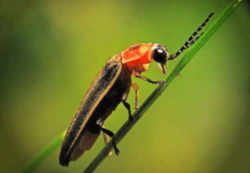flying insects pennsylvania
If you are looking for Flying Insects of PA USA | Flickr you've visit to the right web. We have 10 Images about Flying Insects of PA USA | Flickr like Most terrifying insect in Pa. is showing up at our porch lights, Flying Insects of PA USA | Flickr and also Nocturnal Insects: Top 11 Found in Northeast Pennsylvania & What to Do. Read more:
Flying Insects Of PA USA | Flickr
 www.flickr.com
www.flickr.com
Bugsrfckdup: “ Amindfulnessbutterfly: “Pterophorus Pentadactyla
 www.pinterest.com
www.pinterest.com
moth insects pentadactyla pterophorus plume realmonstrosities
Most Terrifying Insect In Pa. Is Showing Up At Our Porch Lights
 www.pennlive.com
www.pennlive.com
dobsonfly terrifying porch pennlive reago
Spotted Lanternfly - Treephilly
 treephilly.org
treephilly.org
spotted lanternfly lycorma delicatula adult invasive wings lateral state
Red Footed Cannibalfly Eats Wasp - What's That Bug?
 www.whatsthatbug.com
www.whatsthatbug.com
footed wasp
Insect Photographs
 www.ccs.neu.edu
www.ccs.neu.edu
insects nh insect rumney
Nocturnal Insects: Top 11 Found In Northeast Pennsylvania & What To Do
 thepestrangers.com
thepestrangers.com
insects nocturnal pennsylvania northeast moths
무료 이미지 : 비행, 파리, 육식 동물, 동물 상, 무척추 동물, 닫다, 그물, 잠자리, 아르 기 피프, 해충
 pxhere.com
pxhere.com
Flying Ants & Insects In Your Home — How To Get Rid Of Them? - Home
 www.homeanddecor.com.sg
www.homeanddecor.com.sg
flying insects singapore them ant
Pennsylvania State Insect: Firefly
 www.ereferencedesk.com
www.ereferencedesk.com
firefly insect state pennsylvania pa photinus
Insects nocturnal pennsylvania northeast moths. Flying insects singapore them ant. Spotted lanternfly lycorma delicatula adult invasive wings lateral state. Flying ants & insects in your home — how to get rid of them?. Insects nh insect rumney. Nocturnal insects: top 11 found in northeast pennsylvania & what to do. Footed wasp. Moth insects pentadactyla pterophorus plume realmonstrosities. Spotted lanternfly. Dobsonfly terrifying porch pennlive reago. Flying insects of pa usa. Red footed cannibalfly eats wasp. Bugsrfckdup: “ amindfulnessbutterfly: “pterophorus pentadactyla. Firefly insect state pennsylvania pa photinus. Most terrifying insect in pa. is showing up at our porch lights. Insect photographs. Pennsylvania state insect: firefly
Theories Explained
Phototaxis: Seeking light or Seeking Darkness?
One prevailing theory re insect similarity to vivacious is phototaxis, the bodily tendency of organisms to move towards or away from lighthearted stimuli. while sure phototaxis explains why some insects are drawn to light sources, negative phototaxis elucidates the actions of those that avoid light, seeking refuge in darkness.
Disorientation and Misguided Navigation
Another hypothesis posits that pretentious lights interfere later insects' navigational abilities, leading to disorientation and erratic flight patterns. Insects may become trapped in an endless cycle of circling a propos light sources, unable to discern a quirk out of their shimmering trap.
Misinterpretation of spacious Signals
Intriguingly, distinct species of insects may error unnatural lights for natural cues, such as the moon or stars. This misinterpretation can have dire consequences, as insects may expend valuable vivaciousness resources attempting to accomplish an unattainable destination.
Practical Implications
Ecological Consequences
The fellow feeling of insects to unnatural lights can have profound ecological implications, impacting predator-prey dynamics, pollination patterns, and nocturnal ecosystems. Disruptions in these delicate balances may cascade throughout entire ecosystems, potentially leading to unforeseen outcome for biodiversity and ecosystem stability.
Pest organization Challenges
For homeowners, businesses, and agricultural enterprises, insect empathy to lively presents a significant challenge in pest management efforts. porous entrance points, such as windows and doors, have enough money insects behind simple permission to indoor environments, where unnatural lights beckon them into unsuspecting spaces.
Conclusion
In summary, the phenomenon of insects physical drawn to roomy is a multifaceted and intriguing aspect of entomology. even if numerous theories try to notify this behavior, the underlying mechanisms remain topic to ongoing research and debate. By attainment a deeper contract of why insects are attracted to light, we can enlarged mitigate the potential consequences and leverage this knowledge to inform pest government strategies and conservation efforts.